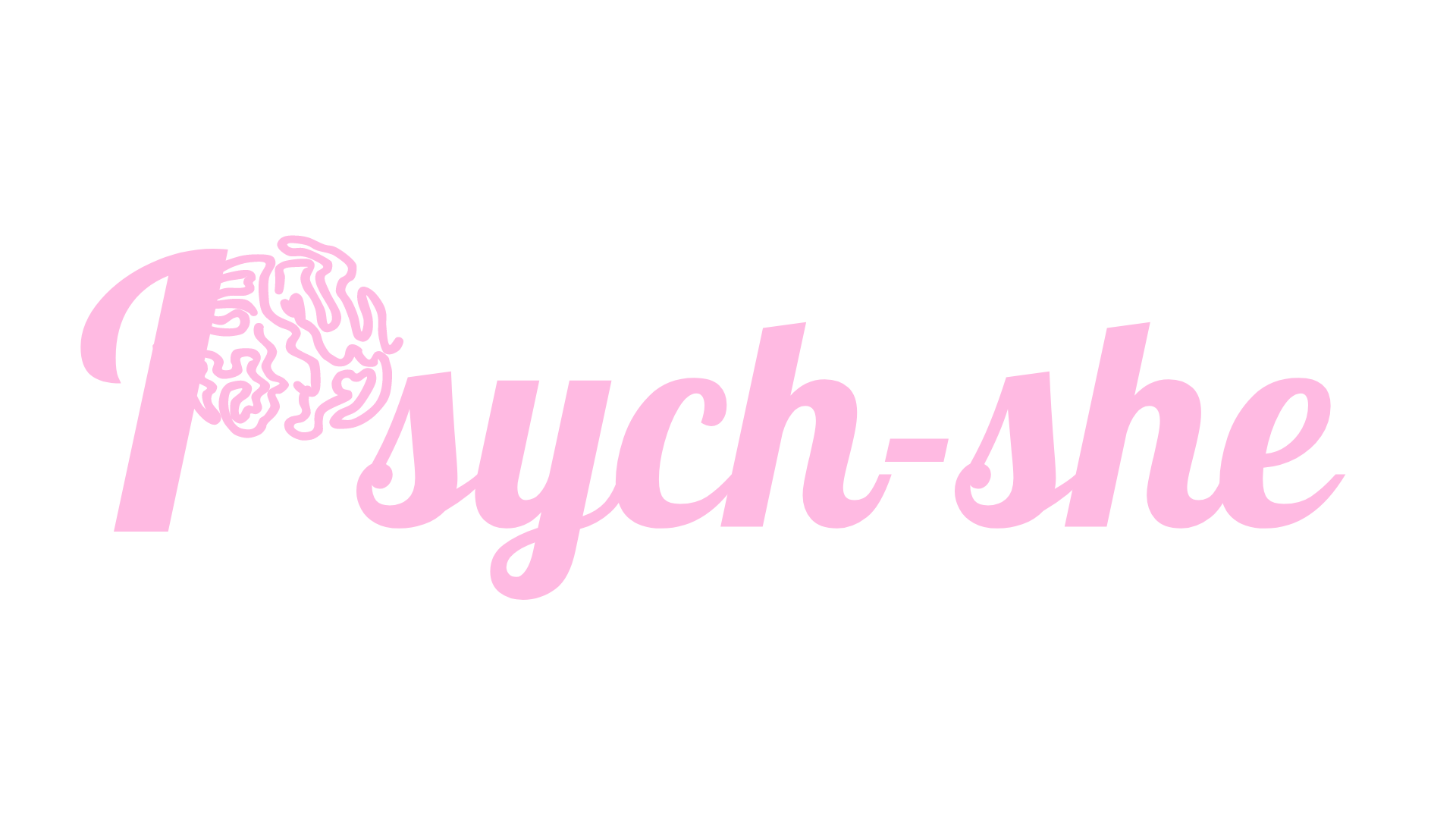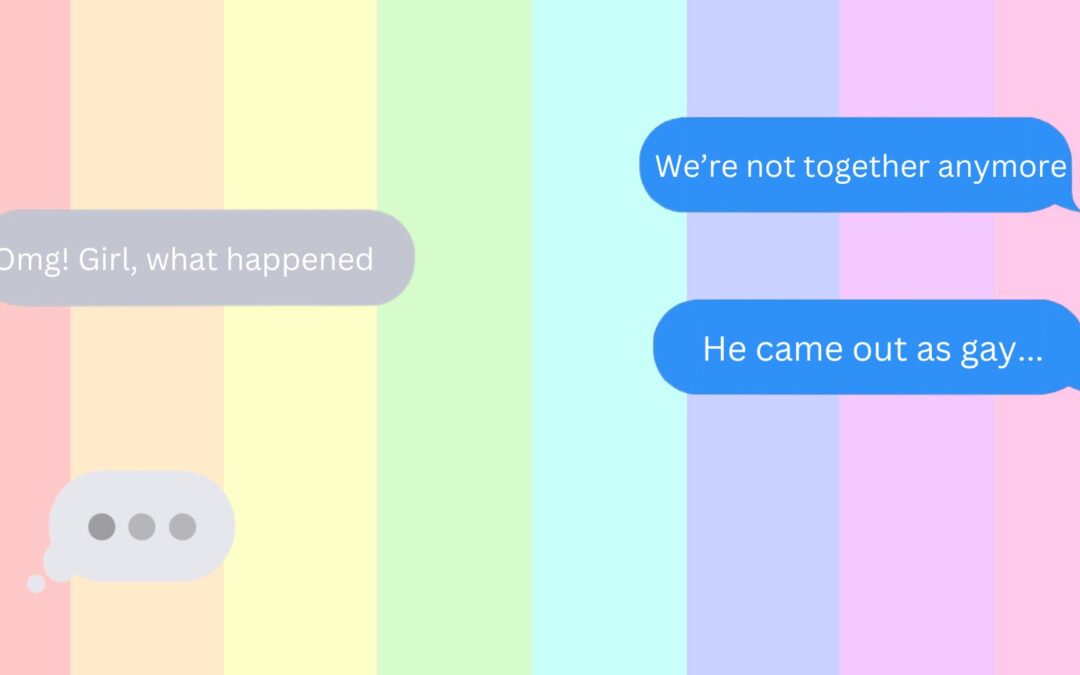Rarely do you feel empathy for the person that just broke up with you, but how can you respond to someone who both shattered your heart, and came out as gay.
At 17, I had the experience of going through my first breakup.
It was my first broken heart, from the first person I loved, with the first person I thought I would marry.
For 9 months this boy had been the centre of all my attention, whether it was going on walks in study breaks or having late night facetime calls whilst I fell asleep, I was obsessed with him. And then, on a sunny Thursday afternoon, it suddenly all came crashing down.
He broke up with me, told me it wasn’t working anymore, but instead of being angry with him, I found myself trying to be supportive of his decision.
But he broke up with me?
He broke my heart, ruined my plans for our hypothetical future together, but I wanted to be supportive of him?
That doesn’t sound right.
I should be slashing his tyres Carrie Underwood style and posting passive aggressive quotes onto my Instagram story to let everyone know that I was the victim.
But he had just come out to me as gay. We couldn’t be together anymore because he was gay. And when someone you love comes out to you as gay, it becomes a lot harder to be mad at them for it.
Every breakup has quirks that make it easier or harder to close it off and move on, but when the quirks are ‘your partner is gay’, your brain jumps to places the average breakup doesn’t.
One of the biggest struggles I battled through was that he had been keeping a secret from me. Our whole relationship had one big secret, one big lie.
But is it fair to call it a lie?
If someone cheats on you, it’s a bit clearer that they have been deceitful, and you can be petty if you want to be, because they were clearly dishonest.
My boyfriend had technically lied, but the urge to be mad and petty feels inappropriate. I remember constantly fighting the urge to call him a liar, but I knew deep down it wasn’t his fault.
I spoke to Gemma MacNally, the Clinical and Therapeutic Lead at Active Consent about whether feeling lied to is a common reaction: “It can be really hard, and it would be strange if you didn’t feel lied to, because it feels like that, regardless of whether it was or wasn’t.
“Generally, for the person, it’s not a lie, the relationship was real, they really did love that person, they just weren’t sexually attracted to them.”
We’re not bad people for feeling betrayed, we’re just humans, processing something we thought we knew, for what it really was.
The moment he broke up with me, I found myself trying to be a supportive ex-girlfriend.
Through tears induced by realising we would never finish Deadpool together, I told him how proud I was and how genuinely happy I was for him.
At the end of the day, I was in love with him, and it’s natural to want the people we are in love with to be happy.
I wanted to be supportive of his new self and help him through this life changing discovery, but I was also battling with my own heartbreak.
“It is ok to take time to reflect and get support for yourself. Take time out, and if you feel that person needs support, point them in the right direction, but it isn’t necessarily down to you, you are probably not the best person to help, says MacNally.
“If the carer isn’t okay, then nobody is okay. Maybe you’re not the person to help them in that moment. Put yourself front and centre, and if you feel like you can help them in the future, that is up to you. Never lose sight of yourself, and allow yourself to feel the emotions. You are heartbroken and that’s ok.”
This notion of putting myself front and centre was something I felt I was almost doing too well. Someone had been brave enough share something they may have been battling with internally for years. Yet there I was, making myself the victim, selfishly getting attention.
But we were having two very different experiences; whilst he was coming to terms with his newfound sexuality, I was coming to terms with a lost relationship.
Katy Turner, a relationship therapist from Cornerstone in Sheffield, said that it can be a painful situation for the both of you, even if they are completely different scenarios.
“It’s not helpful to compare. It’s not one is better or worse, or one is the victim, and one is the perpetrator. In music and films, it’s always portrayed as one person is good one is bad, but in reality, it’s never like that. You both need to take time to heal.”
We’re not monsters for putting ourselves first, because trying to be supportive when you feel blindsided, isn’t going to be helpful for anyone.
I can’t talk about my experience of having my boyfriend come out to me as gay, without addressing the obvious. Did I know he was gay?
Although I understand the sentiment behind this question, it feels like there is always going to be one obvious answer.
Of course I did not know my boyfriend was secretly gay, otherwise I think I would have spent my time with someone who was actually attracted to women.
In the aftermath of the relationship, you question everything, from his relationships with his male friends, to wondering if maybe he enjoyed watching Eurovision a bit too much.
Am I an idiot for being so oblivious to the signs? But why would you believe your boyfriend was gay, you love him, and as far as you are aware, he is in love with you too.
Turner said: “It’s not your responsibility to spot the signs, that’s never what you go into a relationship thinking about or being suspicious of. It’s not a good thing to be suspicious in a relationship.
“Maybe they weren’t showing you any signs, because questioning sexuality is a deeply personal thing and they may have become very adept at hiding it, because they are figuring it out internally.”
We’re not stupid for missing the signs, were just merely people in love, and MacNally supports this: “Love definitely skews our vision, and maybe that’s okay, maybe it’s mostly because otherwise we’d never fall in love with anyone.”
We all have different backgrounds, personalities and morals that will shape the way we react to news like this.
But there is no shame in putting yourself first, even if we want to be supportive, we are our own main characters.
Even in 2024, there is embarrassment about admitting you ‘turned an ex gay’. But we can’t choose who we love, whether that’s men who like men, or women who like men who like men.
We shouldn’t repress our experiences, but rather learn, grow and heal from the relationship we had.
There is a learning curve in every relationship, even if that is just to be sceptical of how much he enjoys Eurovision.
Expert insight: Gemma MacNally
Clinical and Therapeutic Lead at Active Consent
Expert insight: Katy Turner
Relationship Therapist at Corner Stone, University of Sheffield

